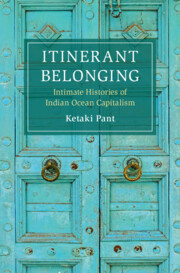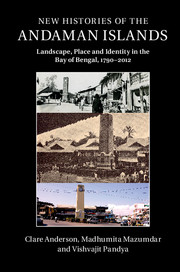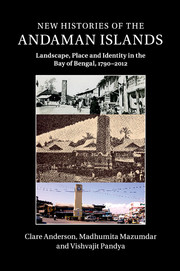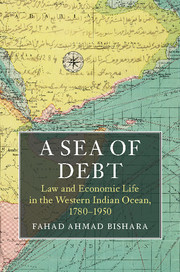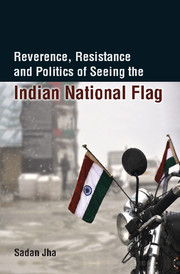Itinerant Belonging
Along the coast of Gujarat, nineteenth-century merchant houses or havelis still stand in historic cities, connecting ports from Durban to Rangoon. In this ambitious and multifaceted work, Ketaki Pant uses these old spaces as a lens through which to view not only the vibrant stories of their occupants, but also the complex entanglements of Indian Ocean capitalism. These homes reveal new perspectives from colonized communities who were also major merchants, signifying ideas of family, race, gender, and religion, as well as representing ties to land. Employing concepts from feminist studies, colonial studies, and history, Pant argues that havelis provide a model for understanding colonial capitalism in the Indian Ocean as a spatial project. This is a rich exploration of both belonging and unbelonging and the ways they continue to shape individual and social identities today.
- Provides a narrative of belonging under British colonial capitalism from a non-western perspective
- Creates a spatially oriented history, centered on merchant homes at the center of the Indian Ocean arena
- Grounds concepts of colonial history, feminist studies, and postcolonial theory in individual lives and communities
Reviews & endorsements
‘In this luminous study, we witness what happens when the haveli becomes an archive: the paradoxes of diasporic place-making are resolved through an intimate history of capitalism that traverses the Indian Ocean world.’ Antoinette Burton, author of Dwelling in the Archive
‘Writing against declensionist histories of abandoned port cities, Pant paints a compelling picture of open-ended temporalities of itinerant belonging that continue to mark Indian Ocean mobilities. Her reading of poetic histories, community histories and genealogies emphasizes the critical work of the imagination in the making of these histories. A compelling read.’ Gaurav Desai, author of Commerce with the Universe: Africa, India and the Afrasian Imagination
‘Itinerant Belonging is an event of seismic significance in South Asian studies. Beautifully written, it presents a moving and brilliant narrative of the mobility and complex entanglements of space, identity, and capital in a world marked simultaneously by loss and perseverance. A landmark publication that transforms our understanding of the Indian Ocean.’ SherAli Tareen, author of Perilous Intimacies: Debating Hindu-Muslim Friendship after Empire
Product details
April 2025Hardback
9781009601603
255 pages
235 × 158 × 20 mm
0.51kg
Available
Table of Contents
- Prologue: ruined histories
- Introduction: reimagining Gujarat
- 1. Inhabited histories
- 2. Haunted houses
- 3. Unsettling foundations
- 4. A house on a hill
- Epilogue: Critical inhabitation – an intimate history.

